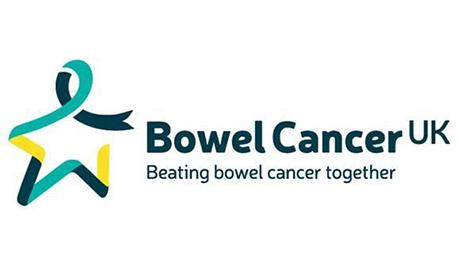Bowel Cancer
Bowel cancer starts in the large bowel. It can also be called colorectal cancer. You can find out more on this page about what bowel cancer is and how we can help support you through diagnosis, treatment and beyond.
The bowel is part of the digestive system. It is made up of the small bowel and the large bowel. The large bowel is made up of the colon and rectum.
Cancer that affects the large bowel is typically called bowel cancer. You may also hear it being called colorectal cancer, colon cancer or rectum cancer, depending on where it is found.
The earlier bowel cancer is spotted, the more treatable it’s likely to be.
Cancer that affects the small bowel is called small bowel cancer. For information and support about small bowel cancer, please visit Macmillan or Cancer Research UK’s website.
Cancer that affects the anus is called anal cancer. Read more about anal cancer.
What is bowel cancer?
In your body cells normally divide and grow in a controlled way. When cancer develops, the cells change and can grow in an uncontrolled way.
Most bowel cancers develop from polyps. Polyps are non-cancerous growths that might develop into cancer. Not all polyps develop into cancer. If your doctor finds any polyps, they can remove them to lower the risk of bowel cancer.
Cancer cells may stay in the bowel or they might spread to other parts of the body, such as the liver or lungs.
How do I know if I have bowel cancer?
Bowel cancer can affect anyone, whatever your age, gender, ethnicity or where you live. If you have symptoms, ask your GP about an at-home test.
Bowel screening helps spot bowel cancer before symptoms start, when it’s more treatable. A screening kit will be sent to you in the post if you’re within the age range for screening and are registered with a GP.
If you have symptoms, you don’t need to wait for a screening test. Ask your GP about an at-home test.
For facts and figures about bowel cancer and for more information - click here.















































































































